Feeling bogged down and scatter brained? It could be the clutter in your home causing distraction, there’s truth to the saying, “Control the clutter, or it will control you.” Organizing your home shouldn’t be an overwhelming task; with the right approach and strategy, we can teach you how to declutter your home in a matter of days.
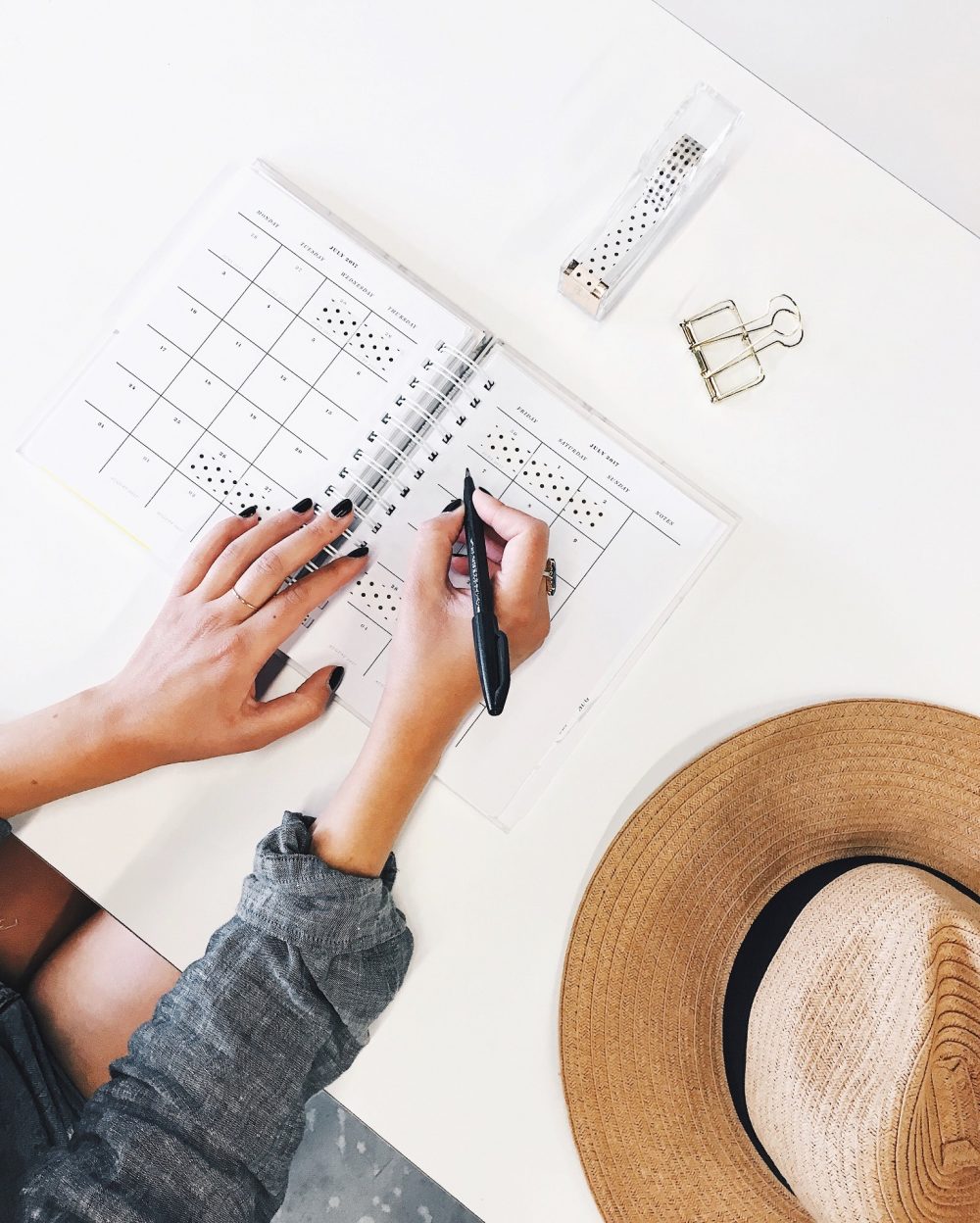
Make the Time
The first step to decluttering your home is an obvious one: make time for it. To go beyond the standard task of tidying up here and there and truly declutter and organize your home, you’ll need to set aside a serious chunk of time. Depending on the decluttering strategy you choose, you might break it up over a couple weeks, or attempt to tackle it all in a single weekend. We recommend giving yourself at least one week. This will give you time to assess your organizational needs, shop for the required storage solutions, drop off donations and avoid burnout as you clean and tidy. Look ahead at your calendar and find a relatively relaxed week to devote to this task, when you’ll have fewer distractions than usual.
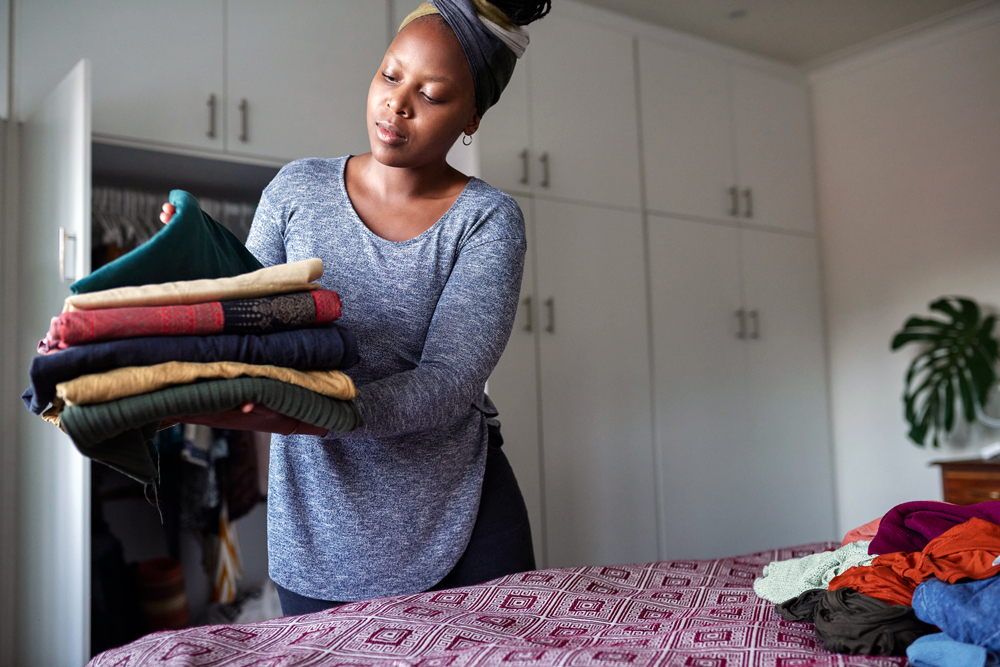
Choose a Decluttering Strategy
If you’re totally overwhelmed by cluttered drawers and piles of stuff, it’ll help to follow a method for decluttering. Marie Kondo’s method of asking yourself, “What sparks joy?” is a popular approach. She recommends working through a home by categories (clothing, books, paper, sentimental items and miscellaneous items), as opposed to going room by room.
The Peter Walsh Method involves five steps: empty the space, declare an intention for the space, remove unwanted items, donate unwanted items immediately, and finally, return the remaining, useful items to the space with a designated place for every item.

Even More Decluttering Strategies
Another method that’s popular for those who don’t love spending hours upon hours cleaning is the Fly Lady approach. It involves using a timer for short bursts of declutter. The idea is to move quickly and make swift decisions. Setting a timer gamifies the cleaning process, making it a race against the clock. This is especially helpful for those who are indecisive or unsure. It forces you to make a decision, and usually, following your gut instinct works out when choosing what to do with an item – keep in place, move elsewhere, donate or toss.
A longer term approach to decluttering is Colleen Madsen’s “365 Less Things” strategy, which requires you to remove just one item a day from your home, for an entire year. (If you’re looking for that “ah ha!” before and after from decluttering, this probably isn’t the strategy for you.)
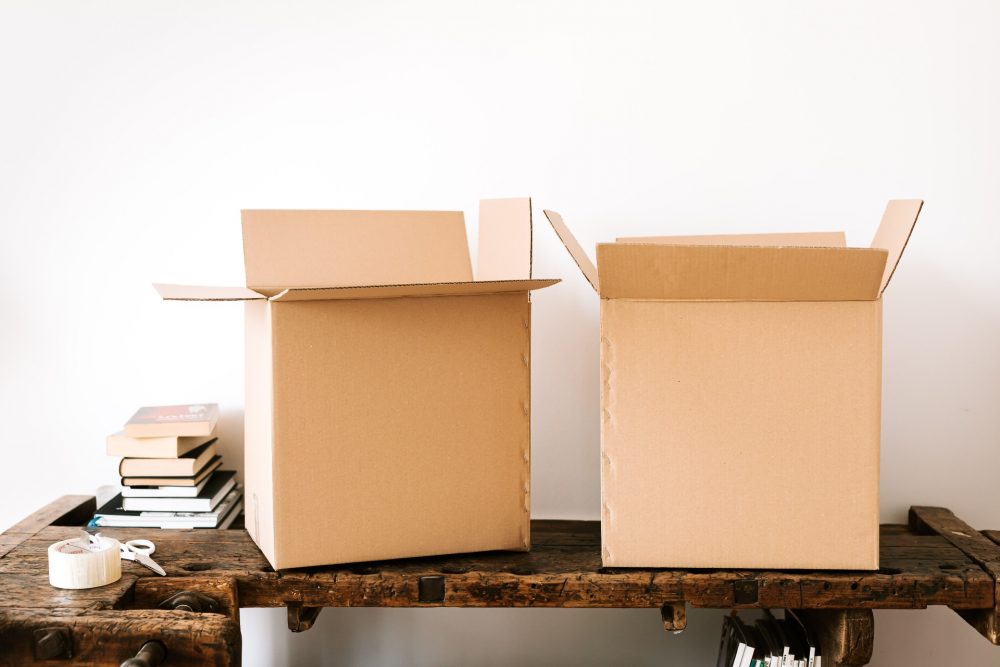
Compartmentalization Is Your Decluttering BFF
To set yourself up for decluttering success, you’ll need to get organized for organizing. It sounds a bit silly, but hear us out. Most often, as you begin emptying drawers and making piles of things to toss or donate, your home will become an even bigger mess than it was before. That’s why you need to set yourself up for success beforehand.Gather cardboard boxes for donations, garbage bags for trash and large baskets (wide laundry baskets are great for this) for items you’d like to keep, but need to sort and store. Label everything clearly, and you’ll avoid stacks of confusing piles on the floor. Plus, this makes it much easier to relocate a ton of items at once.
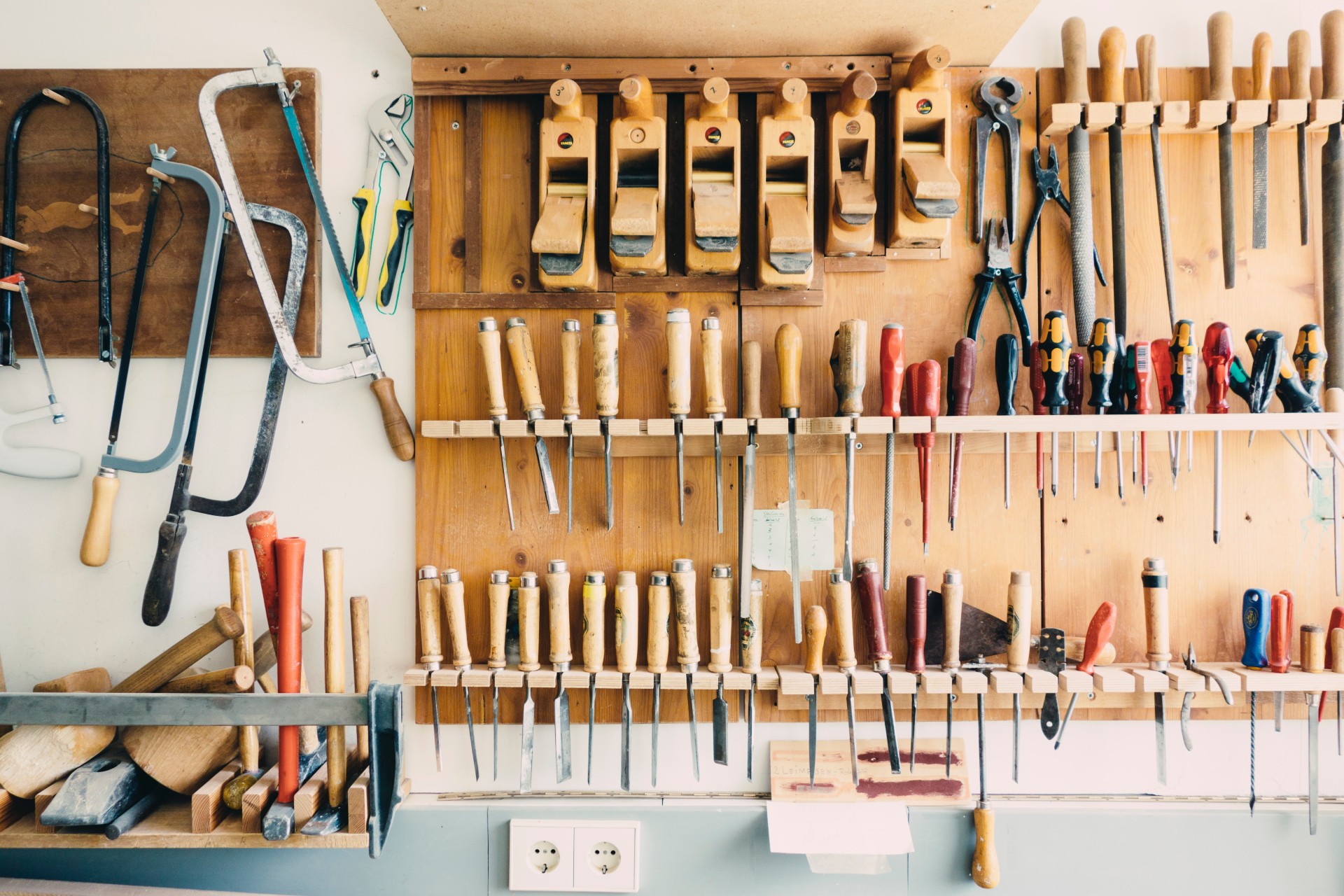
Make the Space
So, we’ve addressed how to effectively create space and tools to tidily sort things for donation or the garbage. Now, you need to think about where you’re going to put everything you want to keep. This means assessing your storage needs and creating the appropriate space within your home. For example, if you need to store large bins or containers that contain seasonal items, you may consider a large shelf for somewhere in your basement where these containers can be stacked neatly. Or perhaps you have a plethora of tools and you don’t want to go digging in your toolbox every time. Consider opening up some wall space in your garage or workshop and utilizing vertical storage with a pegboard.
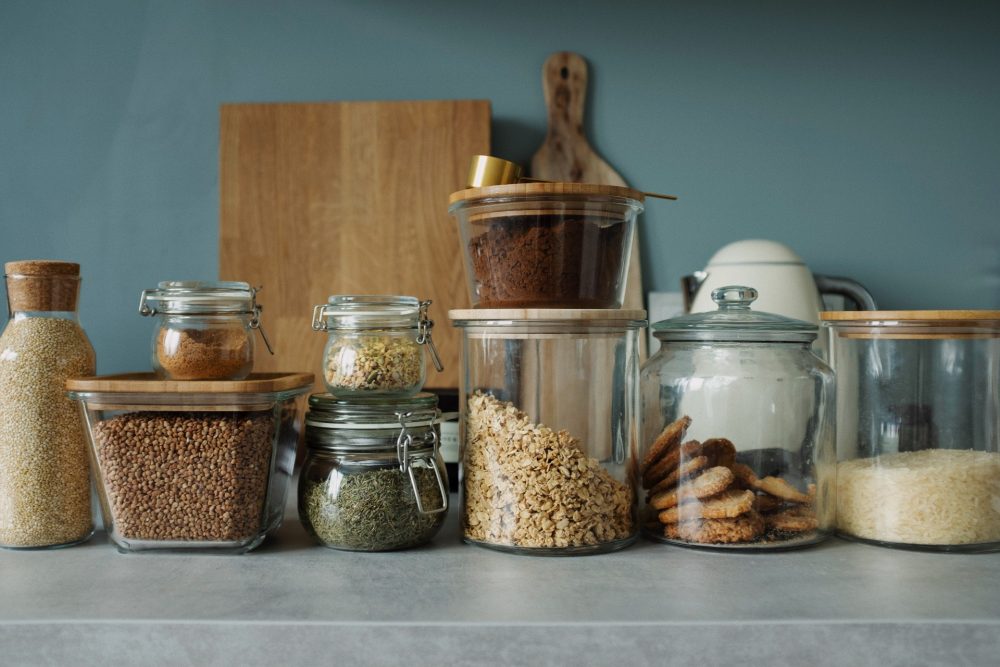
Now, Organize the Space: Buy Jars, Baskets and Boxes
Now that you’ve designated a space to house your things, you’ll need to ask yourself how to organize this space best. In this step, you’ll want to assess the space you’re using for storage and brainstorm the best storage solution for both the space you’re using and the items that’ll be going here.
This can be a bit of a chicken-or-the-egg situation. On the one hand, it’s advantageous to have storage vessels ready to go beforehand, to speed up the organization process. But on the other hand, you may not realize exactly what you need until you start sorting things and see it all laid out. We recommend laying your items out to get an idea of the perfect storage solution, organizing items that belong together in the storage vessels you already own and then shopping for better options. Before you go shopping, make sure to take measurements of the spaces (such as cupboard and shelves) where you’ll place these storage solutions.
Look at the areas of your home that tend to become messy and ask yourself if there’s a better way to organize the items. (Pro tip: cutlery dividers are a great go-to for all kinds of odds and ends!)
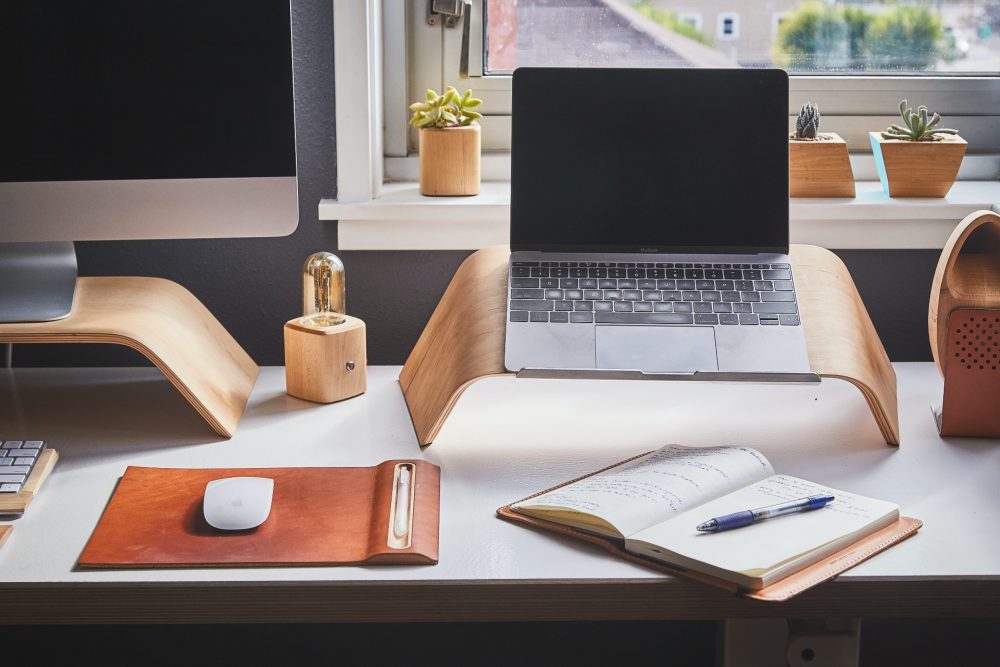
Decluttering Room by Room
The most standard approach to decluttering is to tackle one room at a time, going “station by station,” from one point of clutter to the next. As you do this, consider the purpose of the room, how you move throughout it, and if the placement of certain items could make life easier. If you’re finding similar items scattered throughout multiple rooms (like spare batteries in a drawer in the kitchen, in a random cupboard in the laundry room, and stashed in a corner of the garage), pick one room and move all these similar items into it. This way, you’ll have greater certainty of where things are, and keep better track of what you’re running low on.
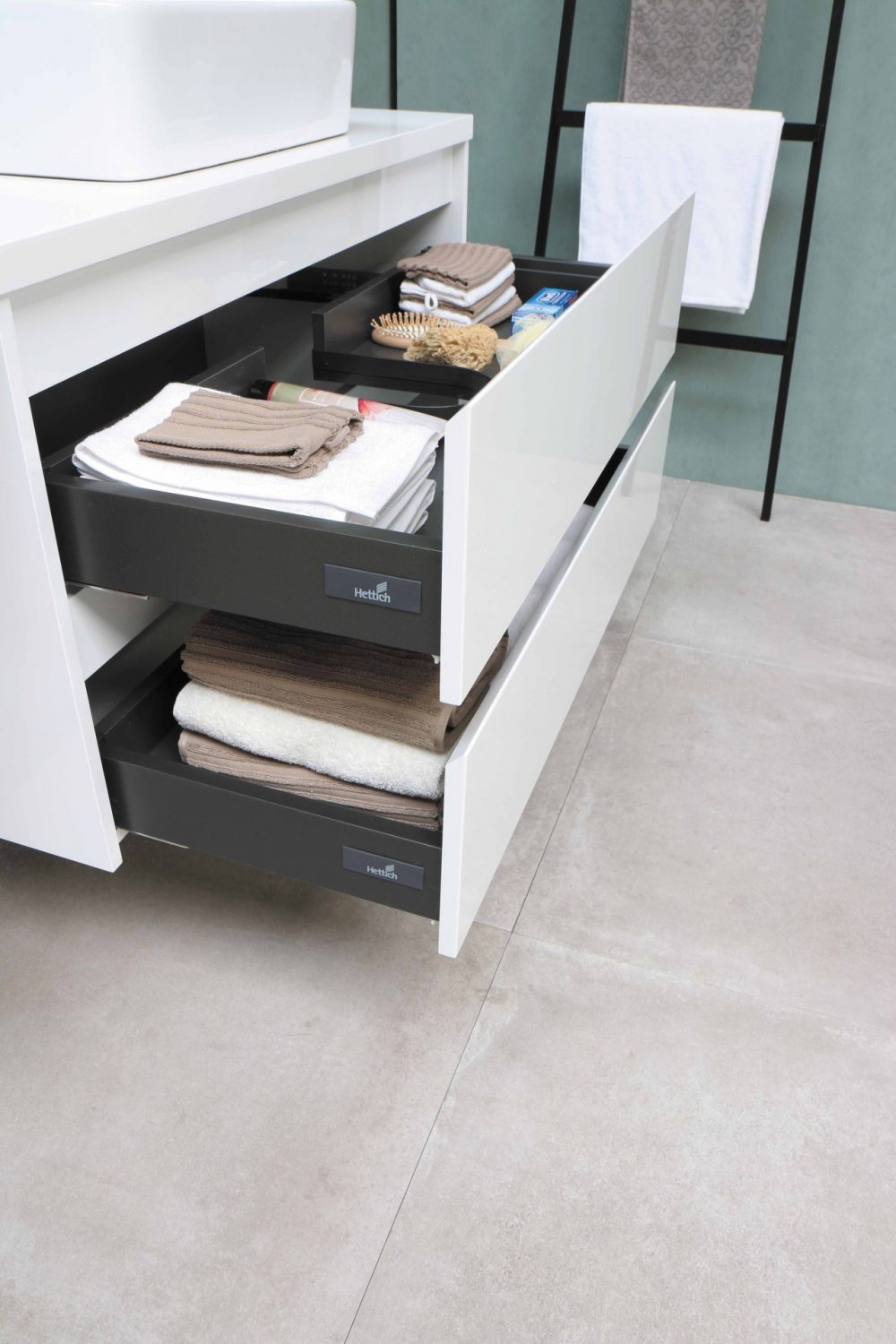
Decluttering Drawers
Again, we want to organize with intent and thoughtfulness. Categorize each drawer and storage space in your home carefully, designating each place a home to a certain category of item. By making conscious choices about where each item will live, and grouping things by category, you’ll always know exactly where to find things.
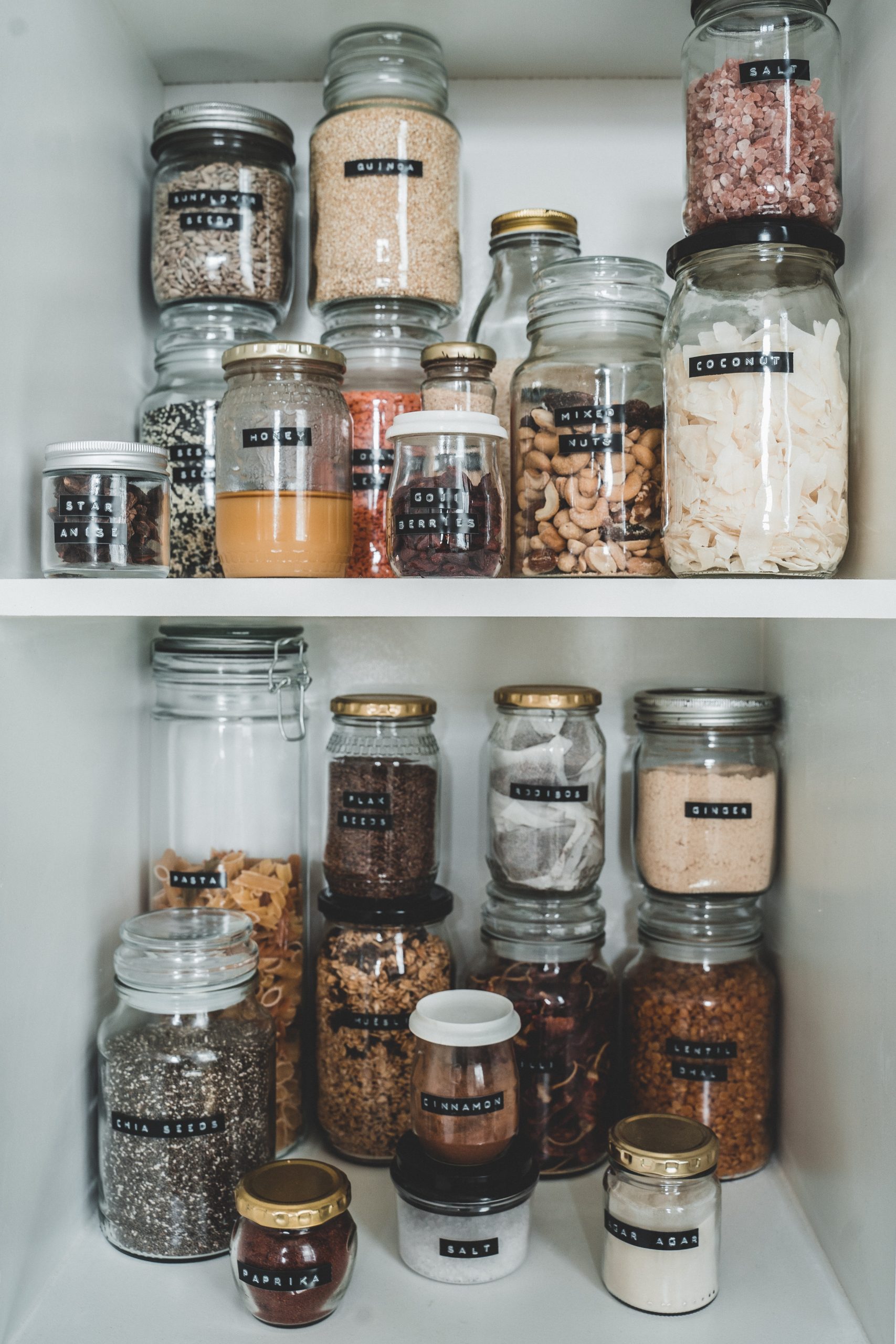
Label Your Storage Solutions
You’ve come so far! This step may seem a little extra, but you deserve to go the extra mile and feel as good as possible about your beautifully organized home. Label your boxes, baskets and jars to ensure everything can be easily located (even by guests rummaging around in your kitchen cupboards!)
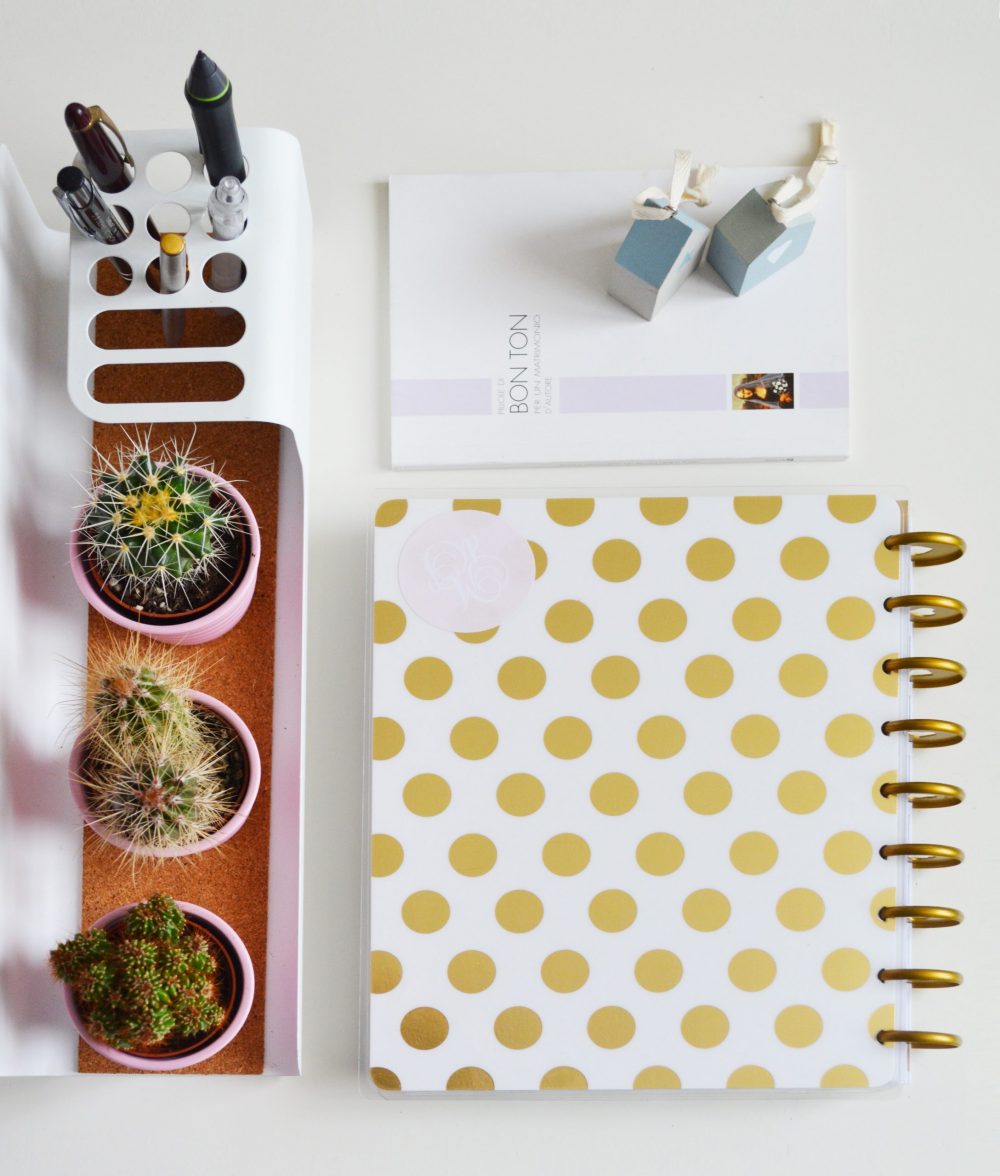
Don’t Stop, Won’t Stop Decluttering
The key to decluttering is to make it an ongoing process. While a deep dive once a year – say, spring cleaning – is great, you’re going to want to keep up with your home at all times. You’ve given every item a home – now make sure they go back to their home after every use. Keep an especially critical eye on the areas that tend to spiral out of control and dedicate time to maintaining them routinely, such as on a weekly basis. Pro tip: set a timer for 10 minutes on your phone and spend those 10 minutes quickly doing a big-picture tidy-up of these problem areas. If you routinely keep things a little tidy, you won’t experience an overwhelming build up of clutter after a few weeks or months.
Home Network your inbox.
By clicking "SIGN UP” you agree to receive emails from Home Network and accept Corus' Terms of Use and Corus' Privacy Policy.




